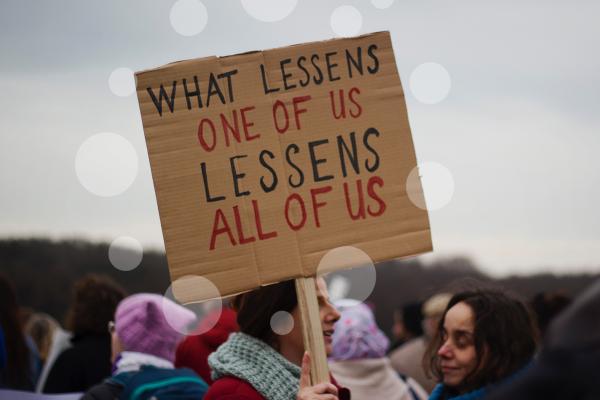The importance of fairness in the political agenda is reflected by the adoption of the European Pillar of Social Rights in 2017 and also by the Commission 2019-2024 priority: An economy that works for people.
To provide a wider evidence base that can enhance EU policy aiming to achieve this goal, the European Commission's Joint Research Centre (JRC) has embarked on a multi-year cross-national research project to study different aspects of fairness.
The research topics addressed include: the distribution of income across and within EU Member States as well as the fairness related impact of tax and social benefits systems; the dynamics of social mobility across and within generations; the drivers of inequalities and fairness perceptions; and the determinants of civic and social behaviors.
Check below for more resources: latest workshops, latest policy briefs, other publications, and data on fairness.
Latest Workshops of the Community of Practice on Fairness
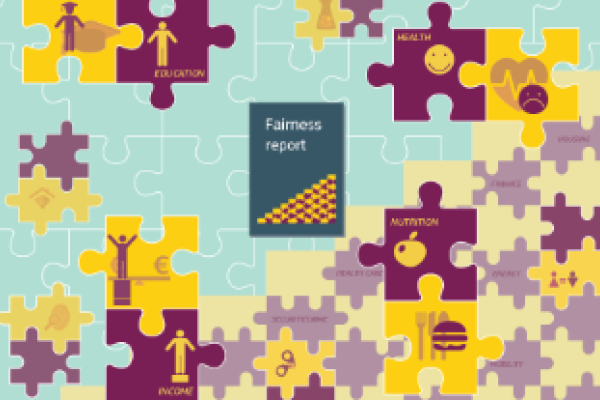
The Community aims to foster an informed dialogue and knowledge sharing on the multidimensional aspects of fairness thereby bridging the gap between academics and policy makers. The Fairness CoP regularly organises events on fairness relevant topics.
The seminar presents how multidimensional coaching and addressing inner disempowerment can enhance poverty reduction interventions, focusing on systematic collaboration between mentors and individuals in poverty.
The seminar will present some evidence based on the Special Eurobarometer survey data concerning the spread of relative income (mis)perceptions in the EU.
Latest policy briefs on Fairness
The JRC regularly publishes policy briefs on various topics related to fairness.
- Approximately 34.5% and 26.1% of respondents aged 16-30 use social networking sites and instant messaging tools for over 2 hours per day, respectively. The corresponding figures for respondents 31 or older are 13.1% and 8.8%.
- Over one third of young respondents exhibit patterns of social media addiction. Approximatively 12% of respondents aged 31 or older fall into this category.
- Spending more than 2 hours per day on social network sites is associated with a substantial increase in the prevalence of loneliness. Intense passive use of social media is also linked with increased loneliness.
- There is not a significant association between intensive use of instant messaging tools or active use of social media and loneliness. The relationship between social media use and loneliness does not vary by age group.
- These findings are consistent with previous research and suggest that how social media is used matters more than how often social media is used.
- Cash support per child ranges from 3.2% to 12% of GDP per capita across the 27 countries of the European Union. Different policy instruments are used through the tax and benefit systems to achieve family support objectives.
- Child cash support is a powerful tool in the fight against child poverty: some EU countries achieve reductions in child at-risk-of-poverty (AROP) rate by as much as 16 percentage points thanks to child cash support.
- Universal benefits ensure broad coverage, while means-tested benefits are better targeted. However, existing means-tested benefits alone do not provide sufficient support to lift families with children above the poverty line.
- A combination of universal and means-tested benefits would ensure coverage, while also directing additional resources to those most in need.
- Energy justice and the alleviation of energy poverty are key goals of EU energy policies
- There are no clear criteria for assessing energy justice impacts of policies and current frameworks have limitations
- Understanding and incorporating sociotechnical factors into policies is essential for a just energy transition
- We apply a participatory qualitative approach to understand the socio-technical landscape
- We develop a bottom-up energy justice framework incorporating both broader societal and household well-being perspectives
- According to a recent Eurobarometer, 81% of EU citizens perceive income inequalities as too great.
- Support for greater redistribution is high (77% of EU citizens) and correlates with perceived inequalities and preferences for more spending in social policies.
- Most EU citizens favour additional spending on social policies, especially in southern EU countries.
- Increased spending on healthcare and long-term care is the top priority in almost all countries, followed by education, pensions, housing and then income support and family and unemployment benefits.
- Most believe that additional social spending should be financed by increasing households’ tax burden (51%), with alternatives being reducing other public expenditure (15%), increasing public deficits (12%) or not increasing social spending (16%).
Other publications

This report summarizes JRC research findings on perceptions of fairness, income inequality, equality of opportunity, social policies and taxation based on the Second Special Eurobarometer Survey on “Fairness, Inequality and Inter-generational mobility” bringing together the results of four different policy briefs.
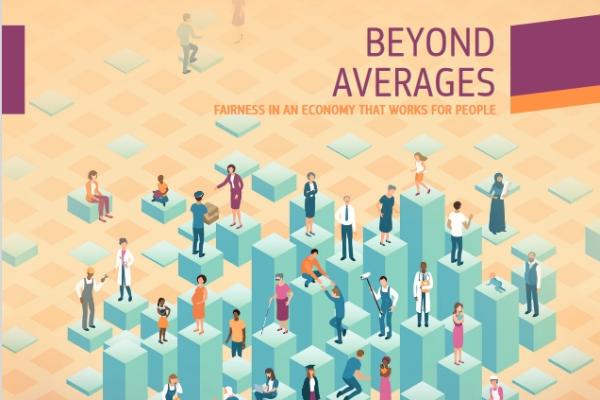
The flagship report, written before the outbreak of the COVID-19 pandemic, analyses some of the most pertinent dimensions of fairness in relation to the agenda for a fair, inclusive and social European Union.
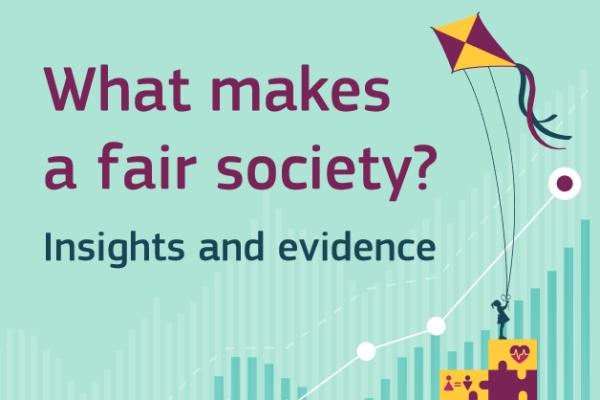
The report defines and measures fairness in a multi-dimensional context and spells out what data can tell us about fairness in Europe.
Data
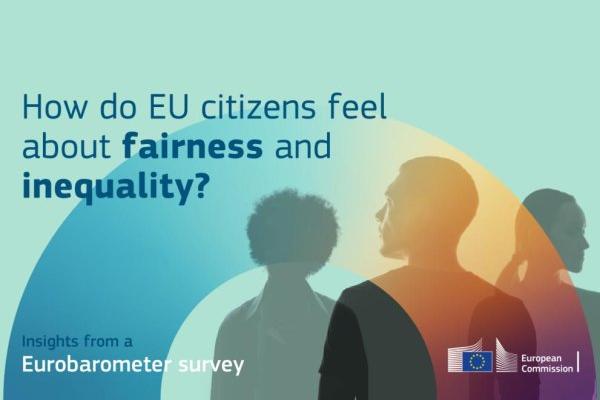
The survey shows that, in 2022, fewer Europeans think that life is fair compared to 2017. While people are not more concerned about income inequality than 5 years ago, there is wide support for additional spending on social policies. The fieldwork was carried out in May and June 2022. 26,395 respondents across the EU-27 participated.

The poll shows most Europeans think life is generally fair, but have concerns over justice, political decisions and income inequality. This survey was conducted through face-to-face interviews between 2 and 11 December 2017. A total of 28,031 people were interviewed in 28 EU countries.

